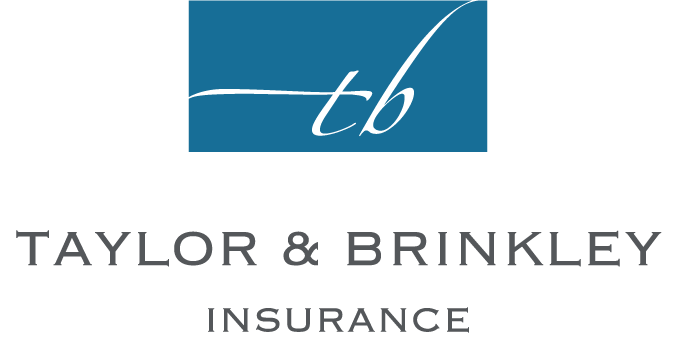Blog
The rise of services like Uber and Lyft has transformed the transportation landscape, offering flexible work options for many. Yet, a lesser-known fact is that personal auto insurance might not fully protect rideshare drivers. This blog aims to shed light on the gaps in coverage and how specialized rideshare insurance can offer peace of mind.
Why Personal Auto Insurance Isn’t Enough
Personal auto insurance policies are crafted with the everyday driver in mind, not for commercial use. This means that if you're driving for a rideshare company, your personal policy likely won't cover incidents that occur during this commercial activity. For instance, accidents while waiting for ride requests are typically not covered.
Coverage Provided by Rideshare Companies
Uber and Lyft do provide liability insurance for drivers, but it has limitations, especially during Period 1, when the driver is waiting for a ride request. During this time, there's often a gap in coverage that could leave drivers vulnerable if an accident occurs.
The Importance of Rideshare Insurance
Rideshare insurance fills the gaps left by personal auto insurance and the liability coverage provided by rideshare companies. This specialized insurance ensures that drivers are protected at all times when they are logged into the rideshare app, whether they have accepted a ride or are still waiting for a passenger.
Reviewing and Addressing Coverage Gaps
It’s crucial for drivers to review the specific insurance policies provided by their rideshare company. Work with your insurance provider to pinpoint and fill any coverage gaps. Having rideshare insurance on top of your existing policies can protect your vehicle and livelihood fully.
Your insurance might not cover you adequately while working as a rideshare driver. Take immediate action by reviewing your current policy and discussing rideshare-specific options with your provider. Share this information with fellow drivers to ensure everyone is adequately protected.
